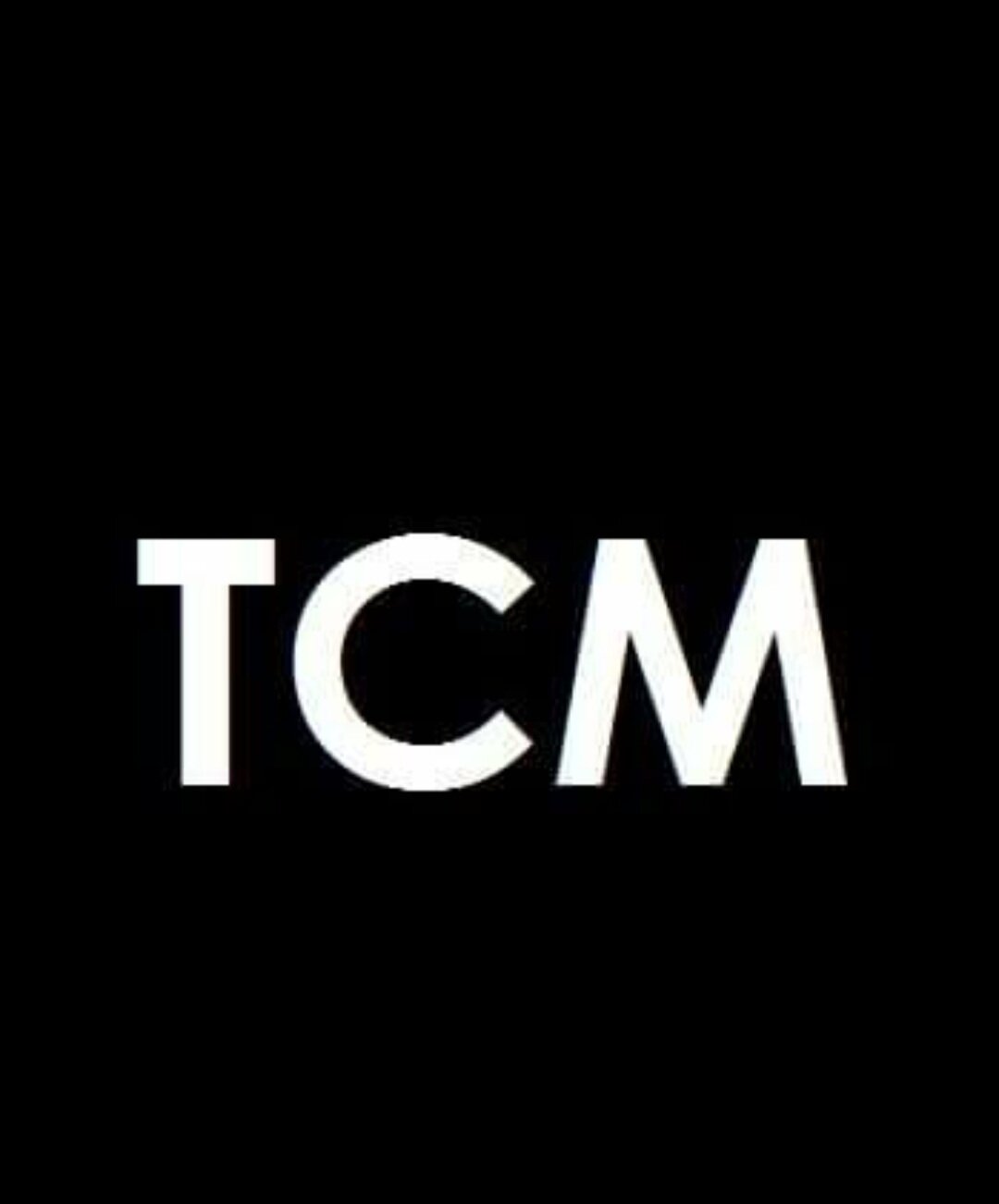Bang Bang - Theatre Review
/Joseph Michael Photography
By: Angela Guardiani
Bang! Pow! Crash! Like a well-choreographed fight scene in a high-budget superhero movie, Kat Sandler’s play Bang Bang swirls with tension that builds and builds into sudden, startling violence - a slap, a slammed door, a punch to the jaw. It’s a vigorous, muscular play that skillfully plots out a collision course between people who all, with the best of intentions, believe that their claim to tell a story is the right and proper one. If the play asks more questions than it can answer, well, I’m not sure that it’s the purpose of this play to provide answers. Bang Bang is unsettling, intense, and very, very funny. It will carry you along and if, at the end, you are still perplexed as to what it all means, then the playwright has done her job. When I asked her what she hoped audiences will take away from this production, Sandler told me that what she always wants is for people to have to think about something, to have their views challenged while at the same time being thoroughly entertained. It’s a challenging push-and-pull to achieve, but I think Bang Bang nails it.
Bang Bang begins with Lila (Khadijah Roberts-Abdullah), ground zero of The Incident. Everything ripples outward from her actions. A rookie cop, the Black daughter of another Black police officer, Lila shoots an unarmed Black teenager after mistaking him for a felon with a gun. The teen survives and makes a full recovery (such a refreshing change from the fictional bodies that pile up in over-earnest misery porn), but there’s an uproar that leads to Lila’s public shaming and eventual resignation from the force. When the play opens she is mired in a deep depression, forgoing meals for beer and cigarettes and sloppily attired in baggy sweats. She is in sharp contrast to her mother Karen (veteran Karen Robinson, whose gravitas serves her well here). Karen, a psychologist, is immaculately dressed and her tastefully decorated home becomes the unlikely battleground of the play.
Enter Tim (Jeff Lillico) - and he does enter with a bang, barging into Karen’s home when he decides she isn’t quick enough to open the door. Tim is an author whose play - the slightly luridly named Hands Up - mines Lila’s experience to make a larger statement about the deaths of unarmed Black men by police officers. Tim isn’t Black but makes claims to wokeness, and his deep upset over the injustice of systemic racism comes off as sincere. Karen, furious and protective, refuses to let him in, but Lila overrides her. She is determined to be heard, to take ownership of her story, and Tim, the artist, the mouthpiece, seems to her the best way to do that. But Tim has his own agenda. Hands Up is in the process of being made into a movie - the even more luridly named Two Shots - and while Tim’s sudden appearance may look like an olive branch, he’s just paving the way for two more unexpected guests - Jackie, the young, eager, biracial actor playing the genderbent cop (Sébastien Heins) and his foul-mouthed yet loveable bodyguard (also veteran Richard Zeppieri), hamming it up in the most delightful way.)
The story takes a long time to get going - the entire first act is spent introducing these characters slowly and thoroughly, but they are so riveting that it doesn’t feel like exposition. Zeppieri and Robinson, in particular, play off each other beautifully, the blunt and noisy ex-cop and the elegant doctor. In fact, I’d say that one of show’s greatest strengths is in how close the line is between the funny and the serious. Jackie, for example, has so much to unpack - he is so earnest about the injustice of police shootings at the same time he’s uncomfortably aware of his relative privilege as a light-skinned Black man. But he’s an actor, after all, and his reverence for The Process and his deep-dive into character are played for laughs. Tim’s foibles and descent into arcane artsy-speak (he’s written a play about a woman who believes she’s turning into a pineapple! And it’s called Pineapple!) are also a sly wink to how absurd the arts can be.
Five bodies, five perspectives, bouncing back and forth off each other like balls in a pinball machine. Who has the right to tell Lila’s story - and is it only her story? Sandler is thoughtful when I ask her about how she approached this play about racism (among other things) as a white person. It is the main question of the show - if someone from outside a culture or experience can write about that cultural experience, and if so, how do you do it? The answer - such as it is - is conversation, she tells me, trying to be open as possible to criticism and accepting that “there are some things you just cannot know until you ask, or are corrected by someone who does know.” Sandler praises her cast and creative team for their openness and honesty and it’s certainly something that comes through in the production - the cast have astounding chemistry that fairly crackles across the stage - but in the end the name on the play is hers. “Someone else writing about this subject matter might not have put so many dumb jokes in, but that’s how I approach serious subjects because I think it makes them easier to talk about,” she says.
Well, I love the dumb jokes, Kat. Bang Bang might not be comfortable but it sure is fun.
Bang Bang, written and directed by Kat Sandler, continues at Factory Theatre until February 24th. Tickets are $20-$50 and are available at the box office or online at factory.ca.

